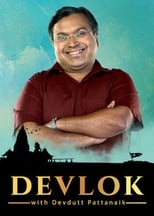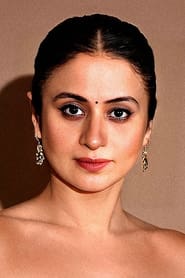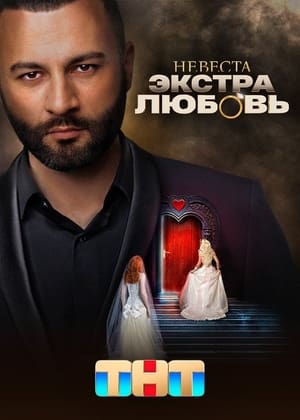
Ramayana And Mahabharata
Episode 1 • Oct 21, 2015
Devdutt Pattanaik uncovers the hidden stories of the greatest epics in Hindu mythology, Ramayana and Mahabharata. Like the Sumerians, Hindus wrote poetic stories which focused on the powers of the gods. Ramayana translates to the story of Rama. It is believed that Valmiki, a Brahmin whose style of writing poetry was carried forward from that point on, wrote the epic. Following its main hero Rama on his journey to Lanka, Ramayana praises the heroism and virtues of the Aryan warrior princes. Mahabharata meaning The Great India, is said to be written by a Brahmin Veda Vyasa. It is divided into verses interspersed with passages of prose. A story incorporated into the Mahabharata came to be known as the Bhagvad Gita.











